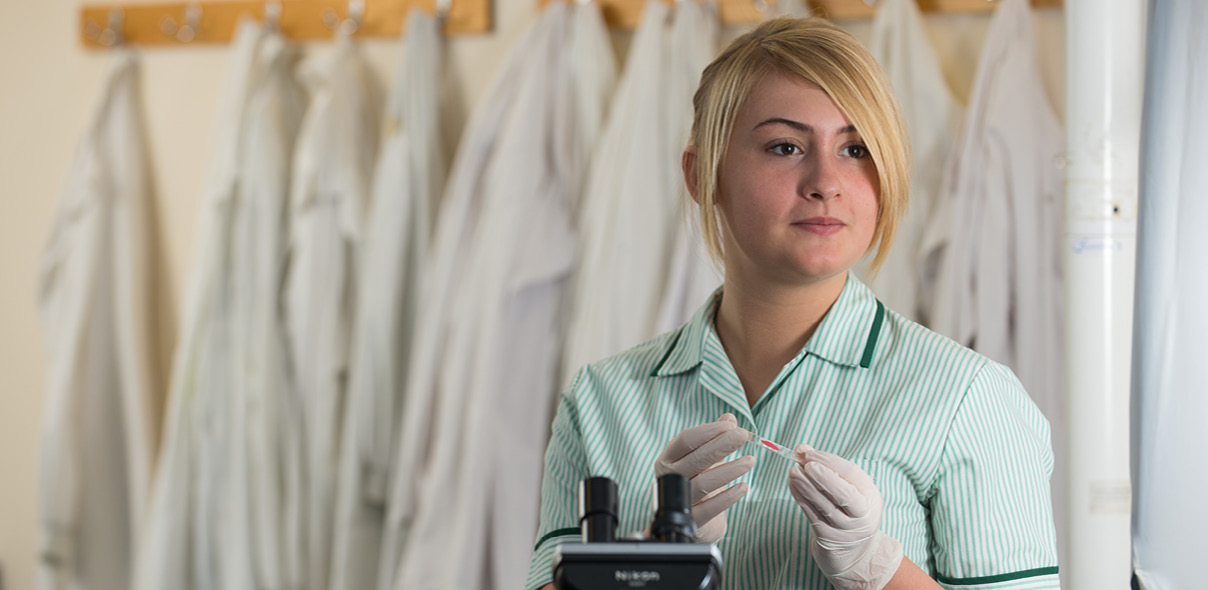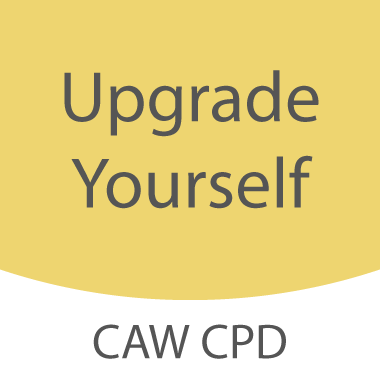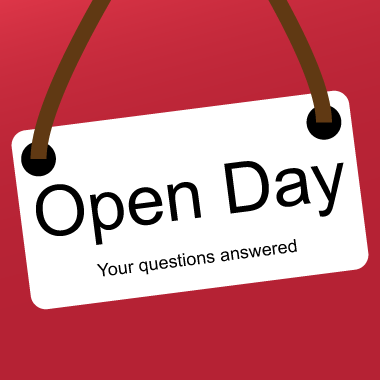Subject Introduction
Veterinary nursing is a popular choice for those who want to help care for animals and join a respected and regulated profession. If you have a passion for animal welfare, then you are likely already familiar with the profession and the important role that vet nurses play in raising animal welfare standards. You may even have had experiences with veterinary nurses by virtue of owning your own pet, or from seeing their work in action on TV.
Veterinary nurses are vital to the running of a successful veterinary practice. They work alongside veterinary surgeons and other members of the practice team, to provide care and treatment to a variety of different animals such as dogs, cats and rabbits. The sense of purpose that comes from nursing an ill animal back to health, and the long-lasting friendships fostered whilst working as part of a close-knit team, make becoming veterinary nursing a worthwhile and rewarding career.
We asked our students what they loved best about training to be a vet nurse, this is what they said:
- We get to inform clients and owners about animal welfare
- We can make a real different in the lives of pets and their owners.
- Once we are qualified, we can travel around the world with our skills.
- Being proud of who I am, what I do, and knowing the difference I can make for both animals and humans
- Because we can give something back to all of the animals that bring such joy to our lives
Subject Overview
Is veterinary nursing for you?
Resilience and dedication to your work is key because many veterinary nurses end up taking their work home with them; sometimes in the form of an abandoned or stray animal that needs a place to stay, or a litter of kittens that need hand rearing!
Veterinary nursing can be emotionally and physically demanding yet, at the same time, it is varied and exciting and it is certainly true that no two days are the same! Generally, most days you would be involved with some of the following:
- Preparing animals for surgery
- Monitoring anaesthetised animals
- Nursing sick animals and administering medication
- Taking x-rays and carrying out diagnostic tests
- Advising owners on the health and welfare of their pets
- Taking bookings, payments and completing necessary paperwork
- Running nurse clinics and consultations such as obesity clinics, dressing changes, parasite prevention, dietary advice
Why choose to study veterinary nursing at The College of Animal Welfare?
- Regulated and respected
Our veterinary nursing qualifications will allow you to apply for professional registration with the Royal College of Veterinary Surgeons (RCVS) and use the post nominal letters RVN. Our college has been rated as a Good provider by Ofsted (July 2022). In addition, our Matrix accreditation underscores our commitment to delivering first quality information, advice and guidance to ensure that you choose the course that is right for you and your future ambitions. - Experienced and supportive lecturers
We are proud of the fact that all of the lecturers delivering our veterinary nursing courses have significant industry experience and knowledge under their belts and all share a common passion for pushing the profession forward. - Gain real, long-term job prospects
Job prospects for registered veterinary nurses continue to remain high both within veterinary practice and in related industries. A nationwide shortage of veterinary nurses means that your job prospects once qualified are excellent. - Largest provider of veterinary nurse training in the UK
Our veterinary nursing courses are available in a variety of different formats, ranging from diploma to degree level. We offer you the opportunity to study within a vast community of like-minded people, who all share a common passion for animal welfare and a commitment to pushing forward the profession.
Course Options
Career Opportunities
On completion of the VetSkill Level 3 Diploma in Veterinary Nursing/Level 3 Apprenticeship or our BSc (Hons) Veterinary Nursing programme, you will be eligible to apply to join the Royal College of Veterinary Surgeons’ (RCVS) Register of Veterinary Nurses and use the post nominal term, RVN. Entry on the register allows you to legally practise as a veterinary nurse under the direction of a veterinary surgeon.
For newly graduated nurses – good news! Salary prospects have improved significantly in recent years, the median salary package for qualified veterinary nurses is now £30,500 (SPVS Salaries Survey 2022/3).
Many veterinary nurses choose to remain in first opinion veterinary practice, however there are also opportunities to pursue more specialist roles in referral practices, emergency ‘out of hours’ practices or large veterinary hospitals, perhaps specialising in a particular area such as surgical nursing. You could also find work in teaching, management, research, sales or rehabilitation.
Find out more about veterinary nursing by reading our Veterinary Nursing Careers Guide.






